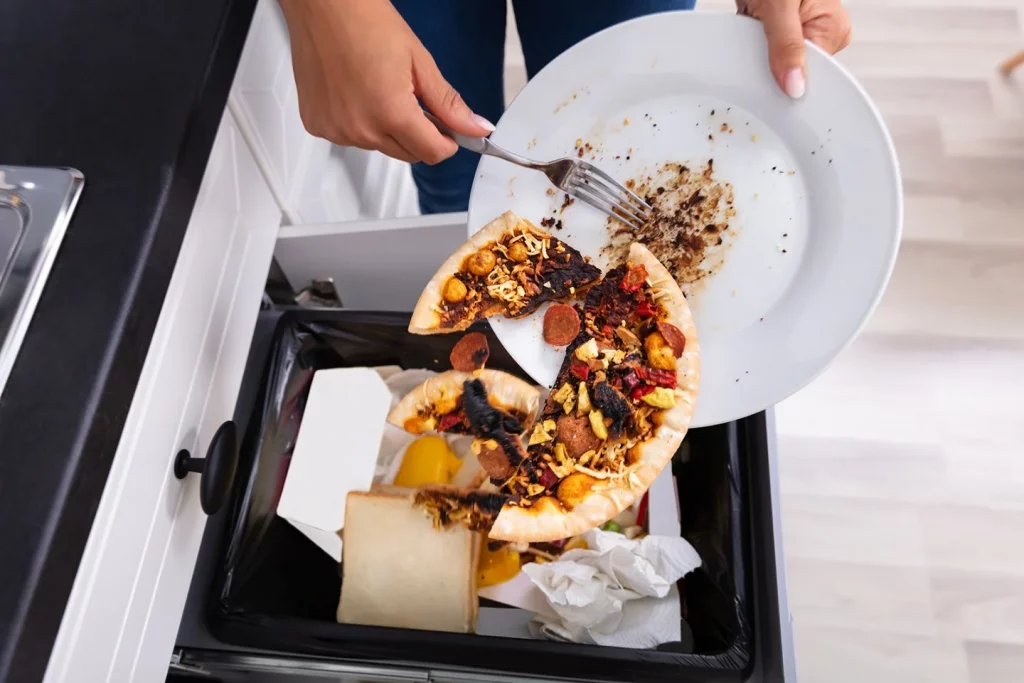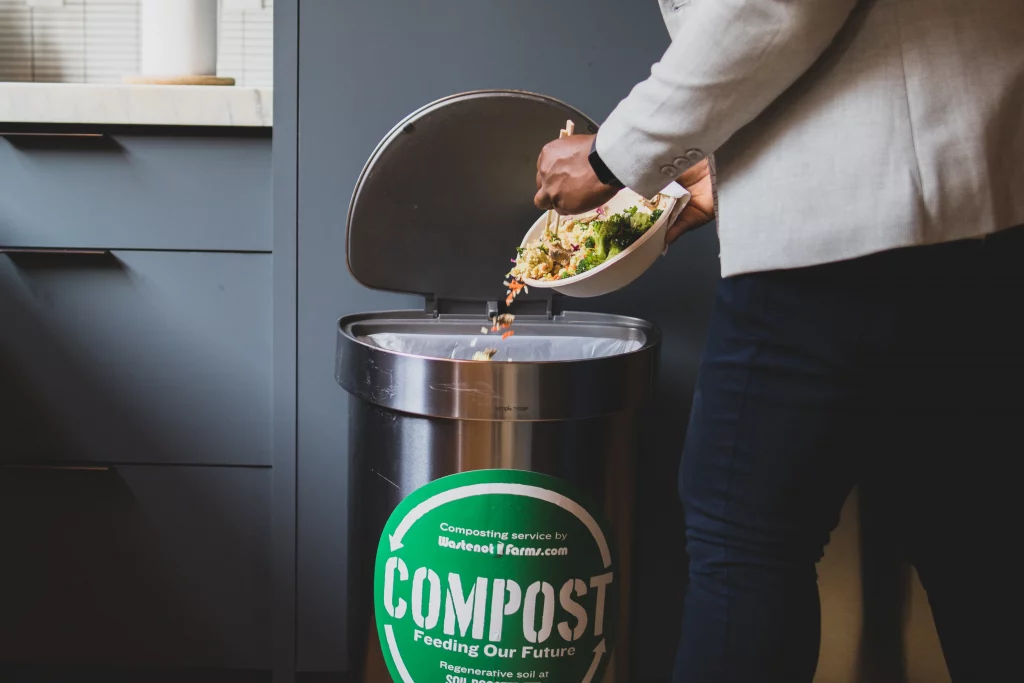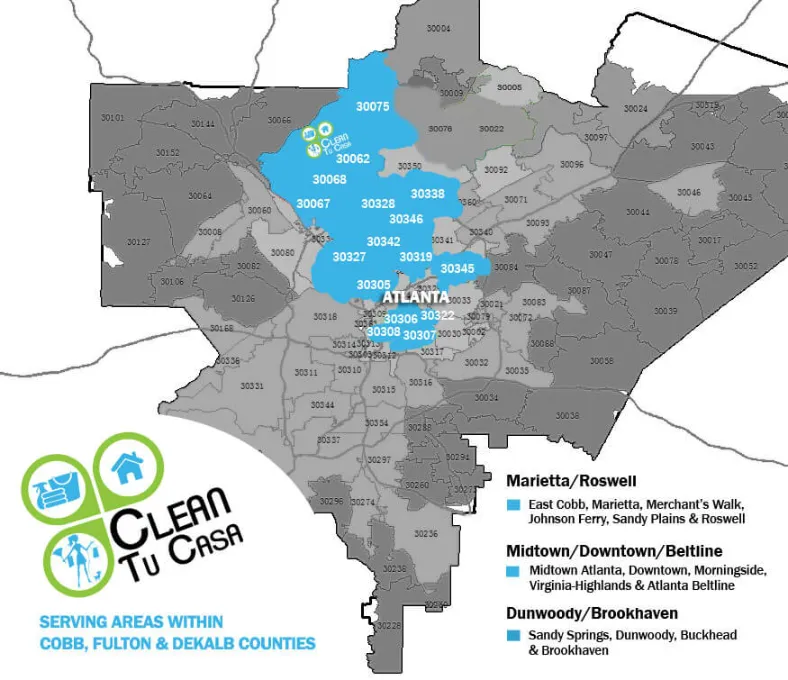Lifestyle
Published On
Office Food Waste: Impact and Tips for Reducing Waste in Your Workplace
Written By
Every September 29th is the International Day for Awareness of Food Loss and Waste, an issue that has steadily become a global problem. Food waste occurs everywhere and at every stage of food production. And if your office has a fridge, you most definitely are a part of that cycle.
There’s an increased focus on reducing food waste and for good reasons. Minimizing food waste has a positive financial and environmental impact. It reduces cost, prevents pollution, lowers carbon footprint, and benefits the less-privileged in the community. Research shows that by 2050, if 50% of food waste is reduced, it will eliminate 90 gigatons of carbon emissions.
This article will help you understand the impact of food waste and provide tips on office food waste reduction.
Related: How to Clean And Maintain Shared Office Kitchen Appliances
Understanding The Impact Of Office Food Waste

National and global food waste statistics are scary. It has been found that the U.S. wastes about 40% of its food supply yearly. This means that 400 pounds of food is wasted per person, which leads to a collective cost of $218 billion annually (1.3% of the GDP). What makes this even worse is that less than a third of the food thrown into landfills is enough to feed 42 million Americans without access to food.
The environmental impact of food waste is also staggering. Food waste produces 8% of all human-caused greenhouse gases and contributes to climate change. This is no surprise as 1.4 billion tons of food globally ends up in landfills.
Most of America’s food waste comes from consumers, of which corporate workforce makes up 60%. With the amount of food that comes in per worker daily into the office, it is no surprise that corporate workers contribute significantly to food waste.
But why should businesses be concerned with food waste anyway? Well, not only is it an ethical imperative, but it also makes sound financial sense. Food represents a significant portion of operational expenses, and minimizing waste can result in substantial cost savings.
Additionally, businesses that actively work to reduce food waste demonstrate their commitment to sustainability, which resonates with environmentally conscious consumers. By implementing food waste reduction strategies, offices can both save money and enhance their reputation, aligning with the growing demand for eco-friendly practices.
How Offices Contribute To Food Waste
- Lack of Fridge Etiquette: Bad office fridge etiquette leads to food spoilage. Sometimes, employees store leftover food and drinks in the fridge. They often forget about these items, leading to crowding of the fridge, odors, food spoilage, and the inevitable food waste.
- Excessive Office Events: Office events and food waste go hand-in-hand. Office parties usually involve a massive amount of food, leading to leftovers. Having these events frequently creates even more leftovers, potentially leading to food waste.
- Leftover Catered Food: During meetings, conferences, and other special occasions, offices often order catering. Leftover food from these meetings can go to waste.
- Expired Pantry items: Many offices stock their pantries with snacks and other perishable items. Without proper inventory, these items could go stale and go in the trash without proper inventory.
- Unfinished Lunches: Employees may bring their lunch to the office, and when they don’t finish it, they throw it in the trash or the fridge, then subsequently forget it.
How To Reduce Food Waste In Your Office

Office food waste reduction is simple and easy with these tips;
- Smart Office Shopping and Meal Planning
You need to consider shelf life when buying in bulk at the office. Don’t buy products that expire within a few months. Shop for an item based on its demand so it doesn’t go unused.
Also, when planning your office meal for meetings and events, the food should be strictly based on the number of people present. You could even have your food prepackaged to help with this.
- Office Fridge Etiquette
Labeling office food is essential as it helps in minimizing office fridge waste. Plain stickers should be provided, and employees should be encouraged to label and date their food. There should also be regular office fridge cleaning. At the end of each week, the fridge should be cleaned out of all leftovers by employees. The stickers help with this.
- Proper Office Food Storage
Most offices stock up on beverages and snacks. A great office food tip would be introducing a weekly inventory of stored perishable items such as coffee, milk, sugar, etc. This is so they aren’t left in storage and allowed to go stale.
- Sharing and Donating Programs
Sharing office food should be a norm. The leftovers from meetings and events should be shared amongst employees for them to take home. Employees who order a large amount of food can share with their colleagues.
Office food donation programs could also be put in place as well. In the U.S., over 30 million people face food insecurity yearly. And globally, about 800 million people go hungry every day. Leftover food can be collected and dropped off at shelters, churches, and charities to help the needy.
- Composting
Sometimes, food items going stale is inevitable. The answer to this is to initiate an office compost project. You can do this by installing brown bins in the office to collect food waste. You can then subscribe to composting companies that pick up the food waste and donate it to farmers. This reduces the landfill methane emission process, making your company more green.
- Educational Campaigns
Office lunch-and-learns, where the employees are taught the financial, environmental, and humanitarian impact of food waste, should be organized. You should also share tips on how to reduce office food waste.
For a sustainable workplace effort, engaging employees in sustainability is important.
- Monitoring And Progress
Tracking food waste helps you stay on top of your office food waste reduction goals. You can check progress by monitoring the frequency of stale and expired foods thrown out and noting how much food ends up in the trash over time.
As with everything else, celebrating food waste reduction encourages employees to do even better. You can reward the employee who puts in the most effort to reduce food waste monthly.
In Summary…
Educating your employees on what, why, and how to reduce food waste in the office is crucial. Encourage employees to take proactive steps by sharing their food, clearing out their leftovers, taking inventory, educating others, and participating in composting.
In conclusion, addressing food waste is not only an ethical choice but also a smart one. By reducing waste, we save resources, money, and the environment. Let's work together for a more sustainable and responsible future where every meal matters.
Clean Tu Casa is the team to call for any cleaning service in Atlanta. We offer Atlanta residential cleaning services and corporate cleaning services. We provide commercial cleaning services in Marietta, Buckhead, and Brookhaven areas. Whether you want a one-time, weekly, bi-weekly, or monthly cleaning, simply reach out to us for your free quote today.
